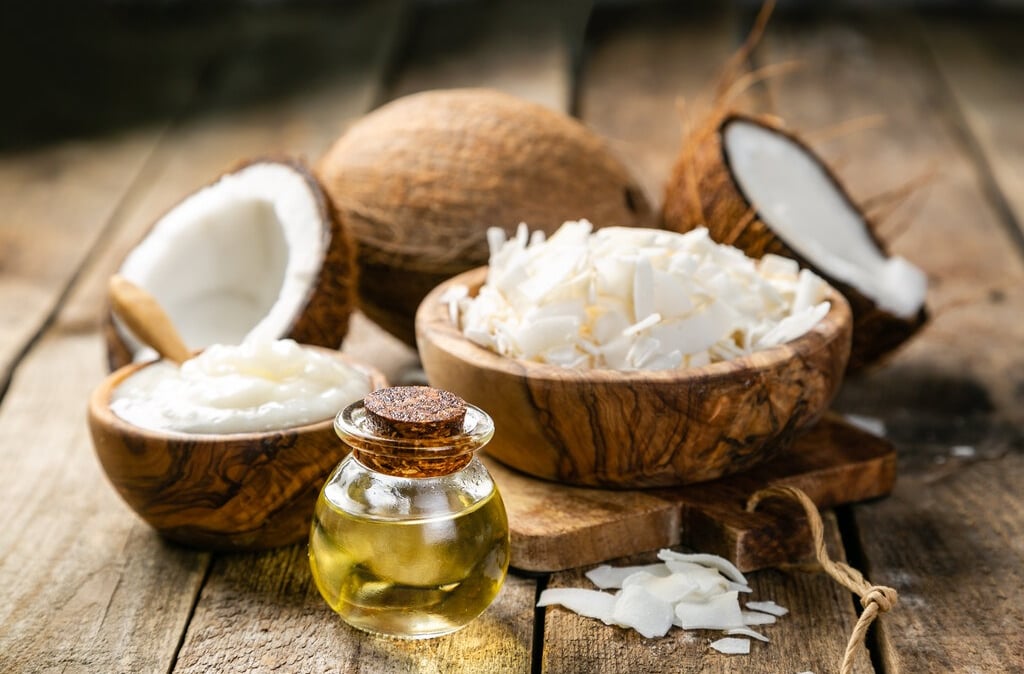The Rise of Sustainable Coconut Products in the Global Market
In recent years, coconut-based products have gained widespread popularity not only for their nutritional benefits but also for their sustainability and versatility. From organic coconut sugar to virgin coconut oil, desiccated coconut, and coconut charcoal briquettes, the world is embracing coconut as a key ingredient in food, cosmetics, wellness, and even energy industries. Indonesia, as one of the largest coconut-producing countries, is at the forefront of this global trend—offering a wide range of high-quality, sustainably sourced coconut products. But what exactly is fueling this rise?
Admin
6/7/20252 min read


1. Consumer Shift Toward Natural & Sustainable Products
The global consumer market is undergoing a major transformation, favoring plant-based, eco-friendly, and traceable ingredients. Coconut products naturally align with these values, as they are:
Biodegradable
Chemical-free (when certified organic)
Sustainably harvested
Low-impact in carbon emissions compared to animal-based alternatives
Organic products such as virgin coconut oil (VCO) are now sought after for their health benefits and natural composition, making them a top choice in markets like the USA, Japan, South Korea, and the EU.
2. Diverse Product Applications Across Industries
Coconut-derived products are no longer limited to food and beverages. They’re now essential in:
Personal care: VCO is used in moisturizers, hair care, and soaps.
Pharmaceuticals: MCTs (medium-chain triglycerides) from coconut oil are used in supplements.
Renewable energy: Coconut charcoal briquettes are a clean-burning alternative to wood charcoal.
Textile and agriculture: Coconut husk fiber (coir) is used in biodegradable mats, ropes, and hydroponic farming.
Indonesia’s ability to produce all of these product categories with traceable origins adds to its export competitiveness.
3. Indonesia's Edge in Supply Chain & Sustainability
With abundant coconut plantations across Sumatra, Sulawesi, Java, and Kalimantan, Indonesia contributes over 17 million metric tons of coconuts annually, making it a global leader in supply.
Exporters like PT Linggau Jaya Eksportir collaborate directly with farmer cooperatives to ensure:
Fair trade practices
Sustainable harvesting methods
Organic certification (USDA, EU, JAS)
Quality control from farm to shipment
This integration allows for full product traceability, an essential requirement for buyers in developed markets.
4. Customization and Private Labeling Demand
With the rise of e-commerce and health-focused brands, buyers now seek OEM and private label coconut products that are market-ready. Services offered include:
Custom branding & packaging
Compliance with destination country labeling laws
Bulk and retail-ready formats
Document support for FDA, FSSAI, Halal, and organic certifications
Exporters who provide turnkey solutions stand out as preferred partners in the global supply chain.
5. Growing Export Volumes and Global Reach
Indonesia's coconut product exports reached over $1.6 billion USD in 2024, with the USA, Netherlands, Germany, China, and South Korea among the top destinations.
With trade routes improving and DHE regulations streamlining foreign exchange, Indonesian exporters are delivering faster with better documentation and quality assurance.
Conclusion: Sustainable Coconut Products Are Here to Stay
As sustainability and wellness continue to shape consumer preferences, coconut products are becoming essentials across sectors. Whether it's organic coconut sugar as a natural sweetener, desiccated coconut in baking, or charcoal briquettes for eco-friendly grilling—Indonesia is the global hub for reliable, ethical, and scalable coconut sourcing.
🔗 Explore Our Full Coconut Product Catalog
Visit www.llgexport.com or contact us at contact@llgexport.com to request product specifications, pricing, and samples.
PT Linggau Jaya Eksportir – Sustainable Coconut Solutions from the Heart of Indonesia



